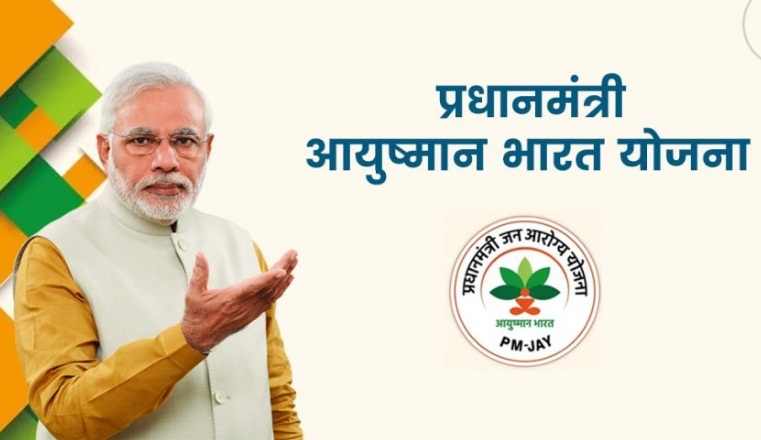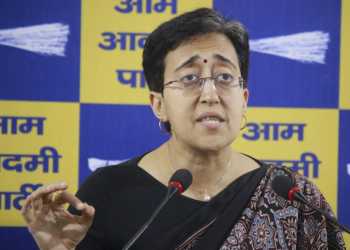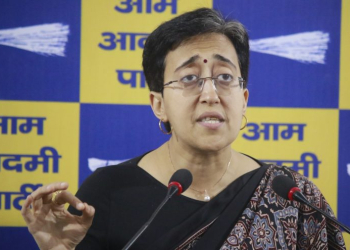New Delhi: The National Health Authority (NHA), under its flagship scheme of Ayushman Bharat Digital Mission (ABDM), announced the completion of 27 major integrations across Government and private sector on Tuesday.
These integrations with organisations offering Health Management Information Systems (HMIS), Laboratory Management Information Systems (LMIS), health locker services, health tech services and other digital services are a step towards developing a user-inclusive, integrated and interoperable digital healthcare eco-system for the country, the statement said.
This integration is a partnership between ABDM and several health tech partners that will help bridge the existing gap amongst different stakeholders of healthcare ecosystem.
Talking about ABDM’s role, Dr R S Sharma, CEO, NHA said: “The overarching objective of Ayushman Bharat Digital Mission is to deliver health services in an affordable manner with quality and accessibility. These health services should be available everywhere in the country and obviously technology tools will reduce the concept of distance. The system which we are building is an interoperable, open system which is based on open source with open APIs and open standards. So that basically enables every or public player, whosoever wants to integrate with the system to integrate with ABDM.”
HMIS systems like e-Hospital by NIC, e-Sushrut by Centre for Development of Advanced Computing (C-DAC), Medmantra by Apollo Hospitals and LMIS systems like Centralised Laboratory Information Management Systems (CLIMS) by SRL Limited and CrelioHealth by Crelio Health Software have received ‘ABDM-integrated’ certificates and logos from NHA for their products integrated with ABDM.
The health locker service providers like DigiLocker by National e-Governance Division, DRiefcase by Driefcase Healthtech Pvt Ltd and DocPrime by DocPrime Technologies and other health tech solutions developed by Central and State Governments like CoWIN by Ministry of Health among others have also received ‘ABDM-integrated’ certificates, it said.
These ABDM integrations of digital platforms in healthcare are achieved through ABDM Sandbox, an experimental digital space which is detached or separated from the actual digital health ecosystem and is created for testing of integration processes before the digital health product is made live for the actual use. Any entity can register on the ABDM Sandbox by following a step-by-step process of integrating and validating their software systems by partnering with the ABDM APIs. So far, about 745 entities have registered on the ABDM Sandbox.
“Out of 27 integrators, 17 integrators are private sector integrators who are actually providing solutions which are compatible with the overall architecture of ABDM. And each application can talk to every other application. So, this is a wonderful architecture which will enable a scalable system”, Dr Sharma added.
(IANS)



















